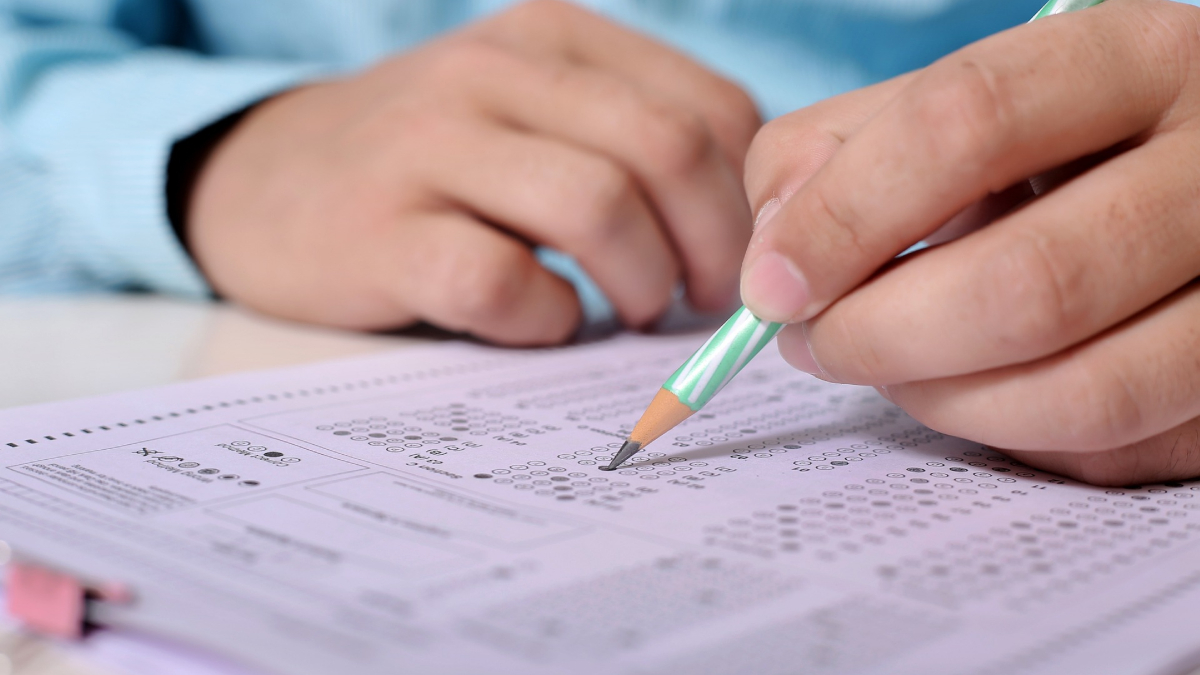Private college entrance exams are now free for academically talented but financially disadvantaged students after a bill mandating this measure lapsed into law on June 14, the Presidential Communications Office (PCO) announced on Friday.
“Republic Act (RA) 12006, or the Free College Entrance Examinations Act, emphasizes the need to assist disadvantaged students who show potential for academic excellence,” the PCO stated.
The new law exempts qualified graduates and graduating students from paying entrance exam fees at private higher education institutions (HEIs). To qualify, students must meet the following criteria:
- Be a natural-born Filipino citizen.
- Rank in the top 10% of their graduating class.
- Come from a family with a combined household income below the poverty threshold, as defined by the National Economic and Development Authority (NEDA).
- Apply for college entrance exams at any private higher education institution in the country.
- Satisfy all admission requirements of the private school.
The Commission on Higher Education (CHED) will oversee the implementation of the law and impose sanctions on any private schools that violate it. CHED will work with the Department of Education (DepEd) to create the Implementing Rules and Regulations (IRR) within 60 days of the law’s effectivity, consulting with the Coordinating Council of Private Educational Associations of the Philippines or its equivalent institution.
Senate President Francis “Chiz” Escudero and Senator Ramon Bong Revilla Jr. both welcomed the enactment of the Free College Entrance Examinations Act.
Escudero highlighted the financial relief this law brings, stating, “Certain entrance exam fees are equivalent to a day’s minimum wage, which means that taking the exam could result in foregoing meals for an entire family. Hopefully, the new law will address this issue. No family should go hungry for a day because they’ve traded food money for an examination fee.”
Revilla, a principal author of the law, expressed hope for its positive impact: “Hindi na poproblemahin ng ating mga kapos ngunit matatalinong mga estudyante ang pambayad sa entrance exam sa kolehiyo. Hindi na hadlang ang kakapusan para unti-unti nilang maabot ang kanilang mga pangarap sa pamamagitan ng edukasyon.”





